Rab Ritchie / Member Interview
I’ve been taking photographs as a hobby and semi-professionally for a couple of years. I’ve been designing professionally for six or seven years now. I’ve not worked everything out. I’m still learning, but I am here to share what I have learned for myself so far.
Stirling, Scotland

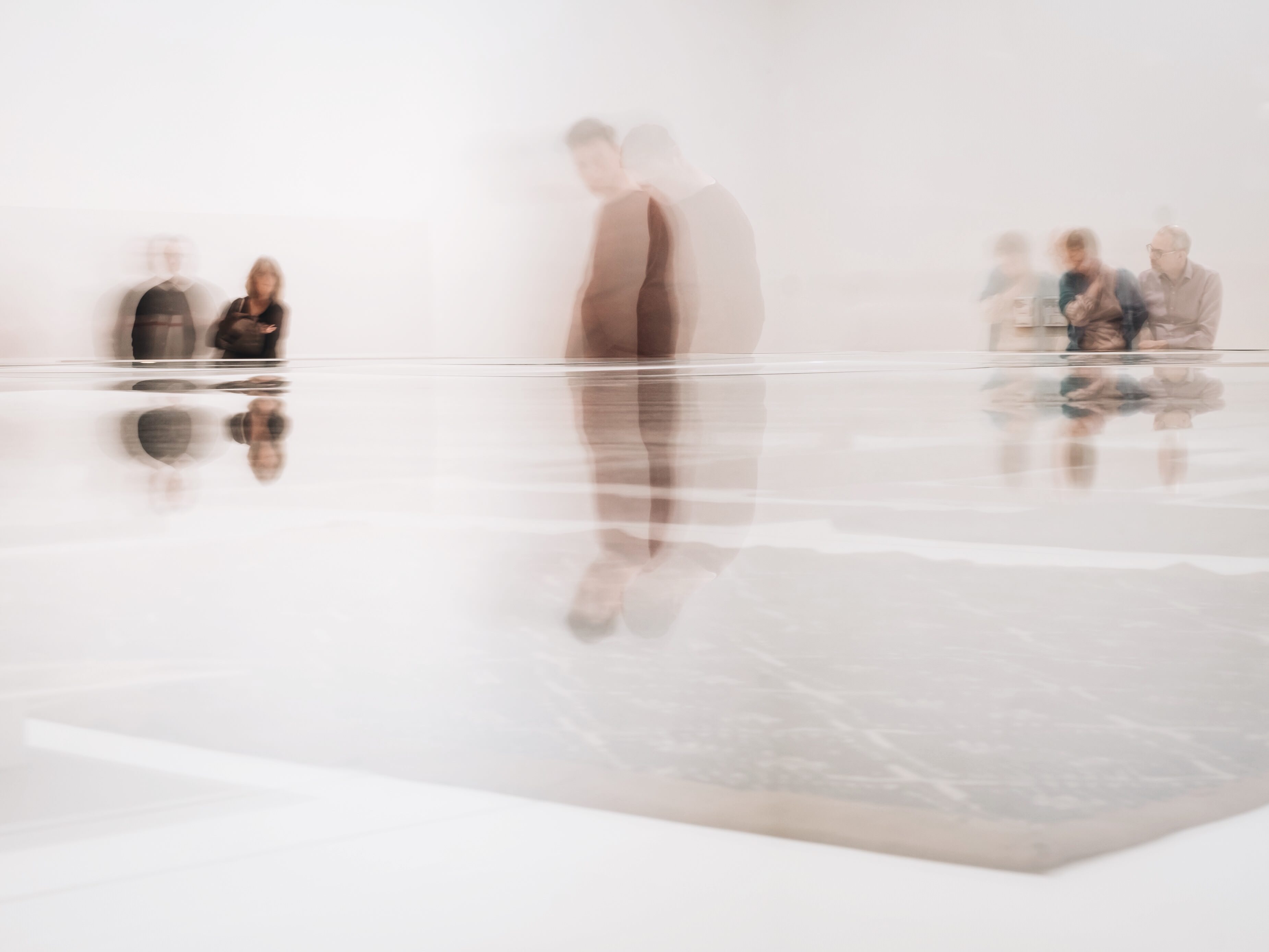
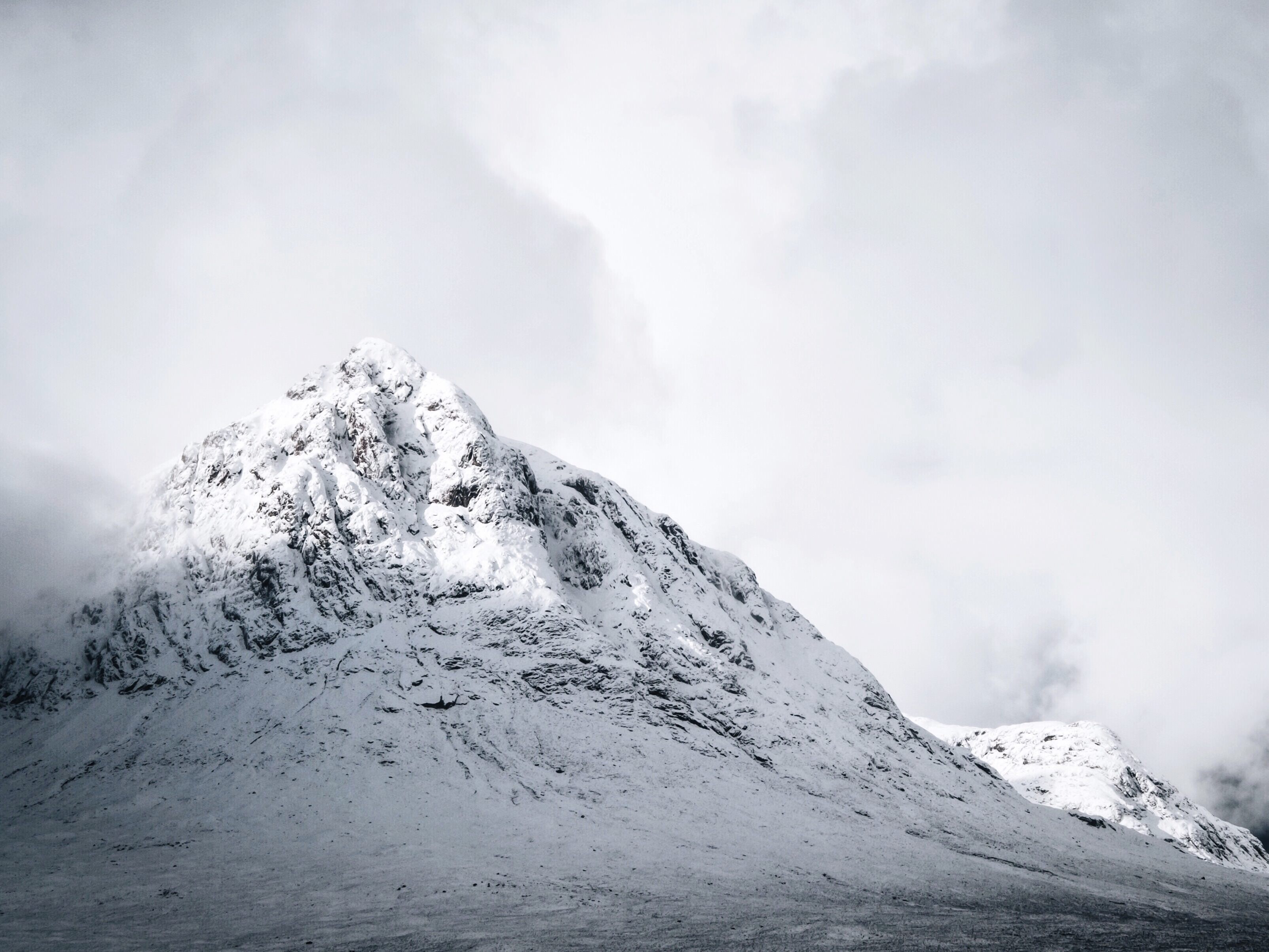

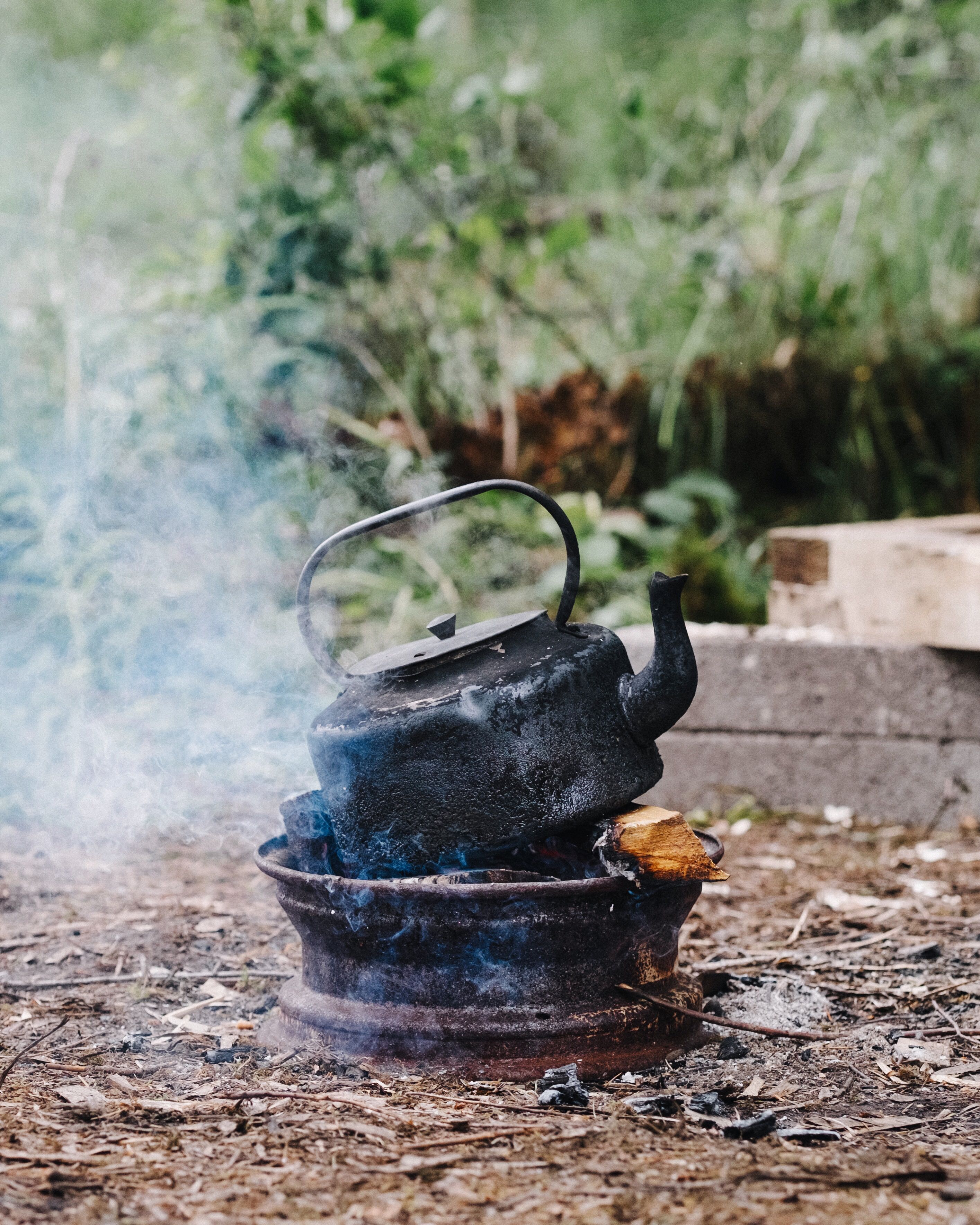
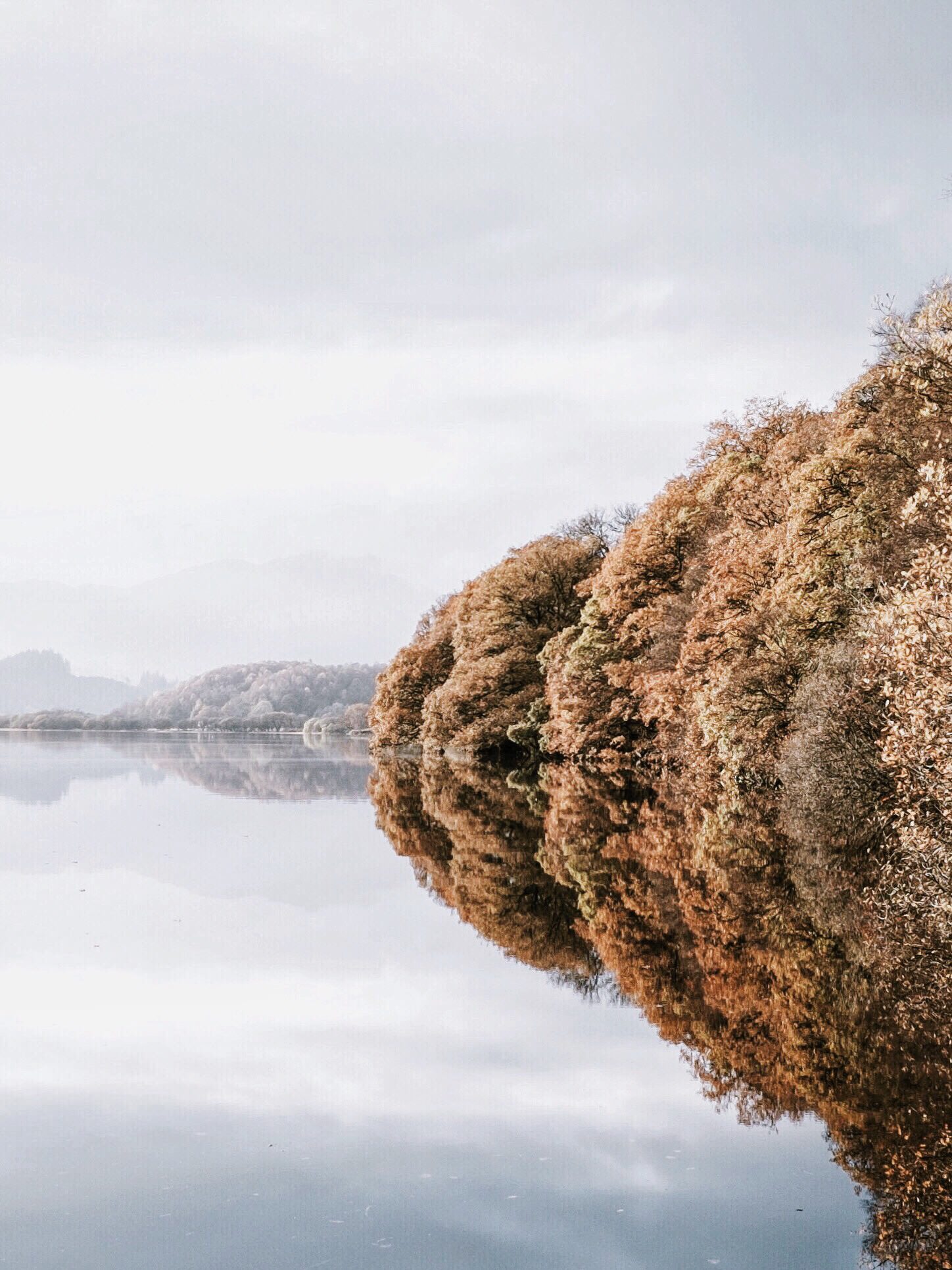
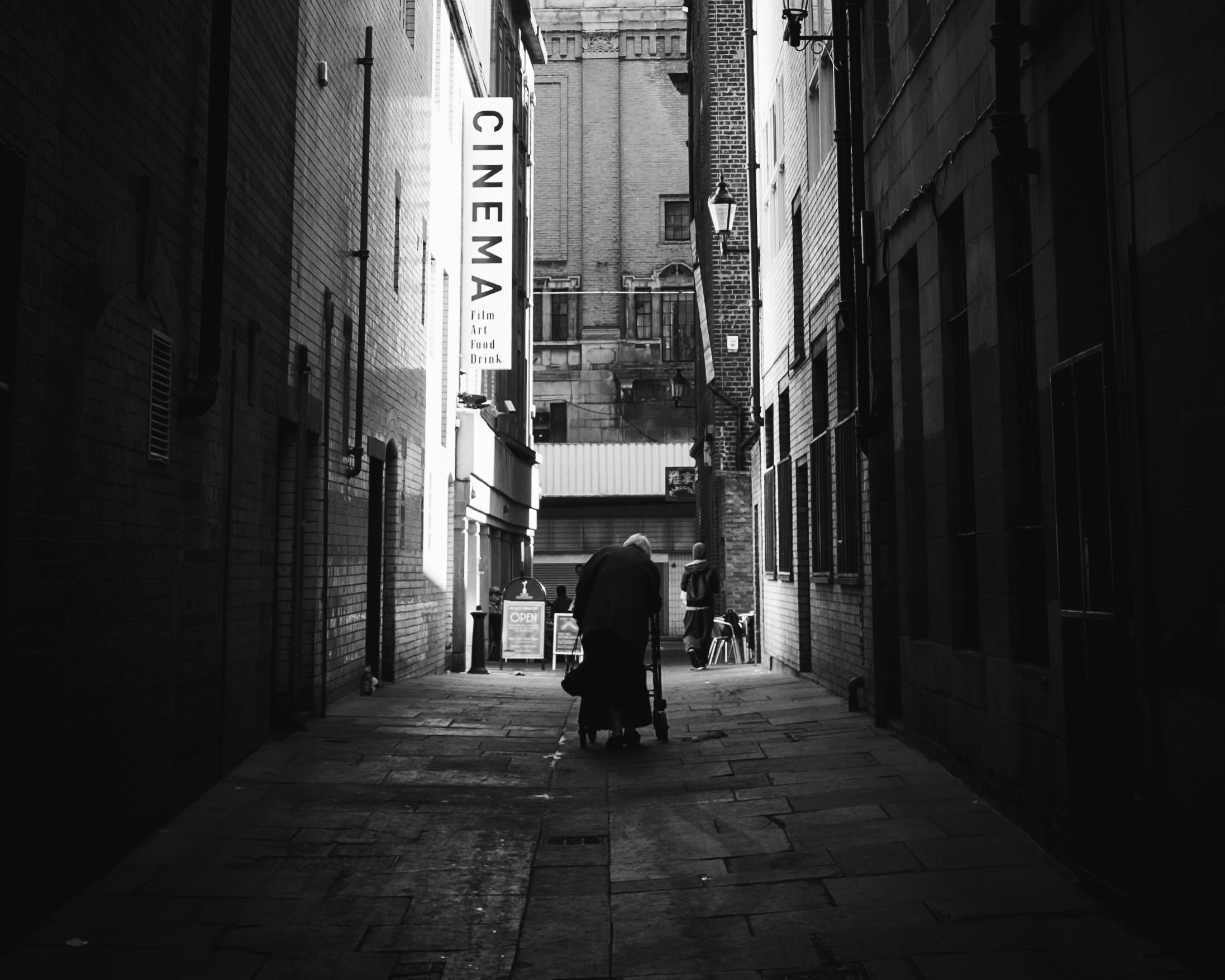
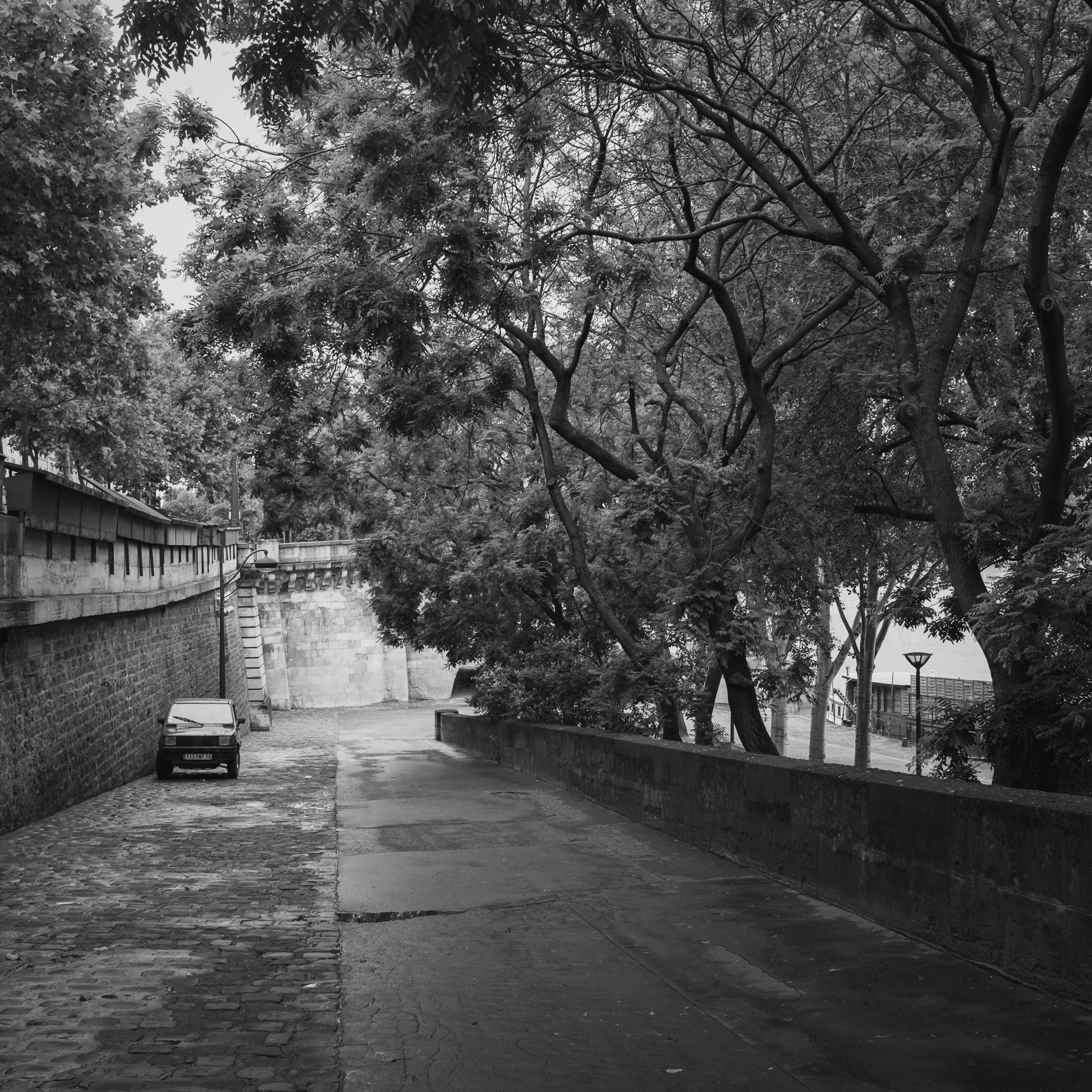
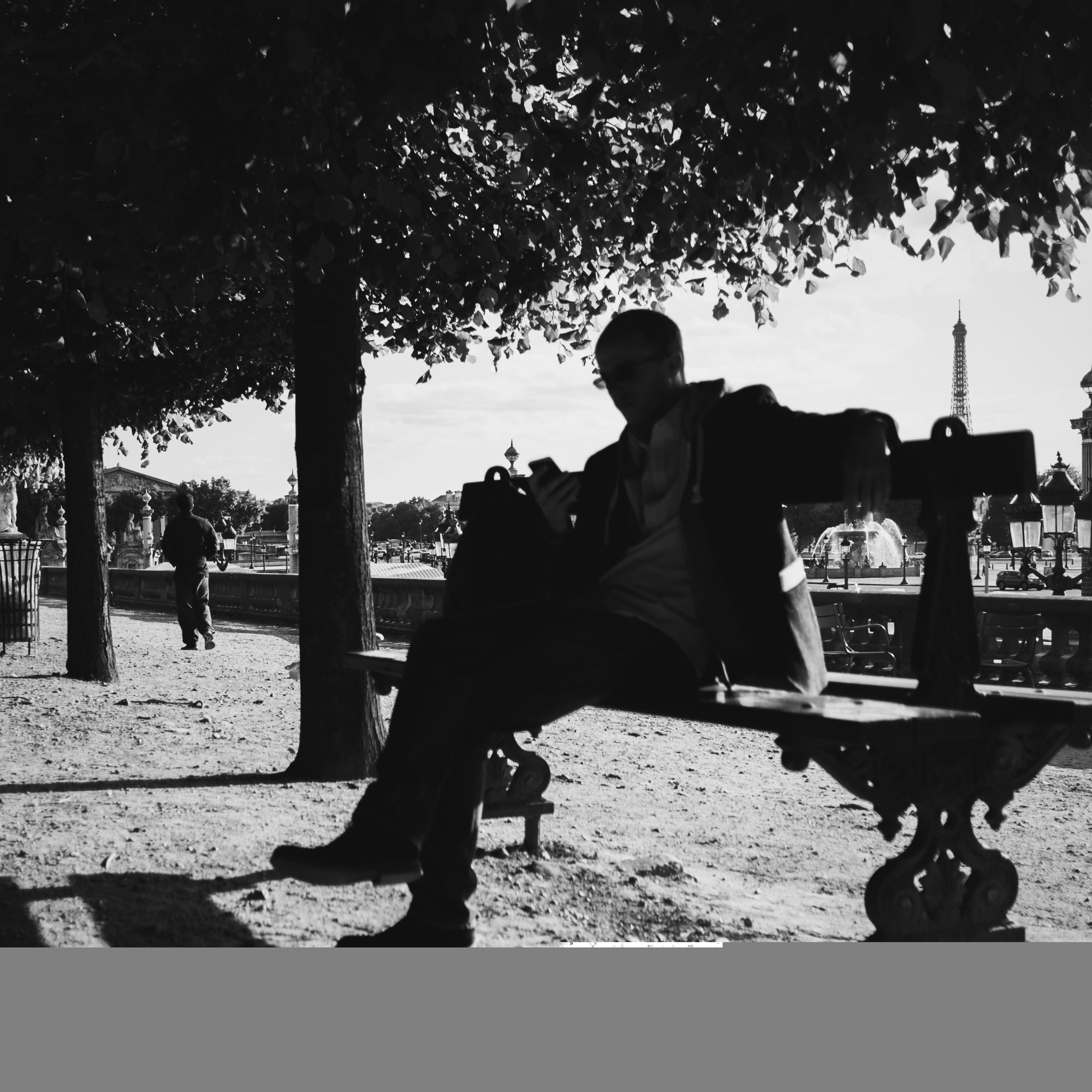





What inspired you to become a photographer?
My Grandad has always taken photos. For as long as I can remember he’d be carrying around his camera bag on any trip we were on. Moving my Gran and I around—frustratingly at the time—to get the photograph he wanted. I understand now why he did that. This exposure to photography from an early age was ignited as my career shifted from IT into Design. I became more aware of creativity and art within myself. I met new friends through this new career which brought in more photography inspiration. I studied art in high school but never took it further as I went down the path to a career in IT. I’m glad I’ve found that creative space in my life again now.
Tell us about your first photo that really validated your interest as a photographer.
There isn’t an individual photo that stands out to me. Either because I don’t feel my early photographs weren’t technically good, or because I don’t feel like I had found my style. Style being something which I still don’t feel quite set on to be honest. I don’t tend to settle on anything in life and perhaps I’ll never find a defining style for myself. I can say which event I felt validated my interest though—my first proper trip into the Highlands of Scotland. There’s a certain feeling of pride that what you see in front of you is your country.
Back when you were just starting out, what was your biggest challenge and how did you overcome that?
I didn’t spend enough time looking. I’d arrive at a destination or a spot and take lots of photos. So much that it’d actually be daunting to load them onto the computer to edit them. To overcome that I tried to treat my digital camera as a film camera. Taking less photos and taking longer to do so. I also invested in a film camera to further help the process—since every click costs. This is a takeaway I got from a workshop I attended with Dan Rubin.
What do you enjoy photographing the most?
I enjoy landscapes, portraits and lifestyle. Right now I seem to be gravitating towards bleak and moody subjects—hopefully not a reflection on myself.
What has been your proudest moment as a photographer?
Seeing my Grandad enjoy the pictures I take.
Finding time to get out and shoot is another challenge for many. How do you find the time in your busy schedule to get out there behind your camera?
I don’t always find the time, but I do always try to take a camera with me when doing anything. When I have free time I try to schedule it with trips or work. In effect sacrificing my free time, but doing more with it.
Nailing a composite right can be a challenge. What do you think the trick is to mastering composition?
I find the rule of thirds is a safe bet. Marrying that with strong leading lines is often a way to get a photo feeling balanced. I quite like getting those lines right into the corners of the frame. I’d recommend watching “Beyond the Rule of Thirds”.
There are many photographers starting out, who don't have the money to buy the camera gear they want. What advice can you give to them?
The camera doesn’t matter so much. I wish I got a film camera sooner, and those are much more affordable to buy than the latest digital camera. You’ll learn to take things slower from the start. There’s people doing great work with just their phones. I admire what they’re able to do as I can never get into the right mindset using a phone, but perhaps it’ll work for you.
How do you feel photography has impacted the way you see the world?
I now see in frames—it’s a gift and a curse. With or without a camera in my hand, my mind just seems to think, “is there a photograph in front of me?”. “What change in circumstances (often light) would make the current scene a good photograph?”. A gift because I notice and take in much more of my surroundings. A curse because it can give me a headache.
What do you see photographers doing today, that if done differently tomorrow would improve their success?
I see a lot of people getting hung up on what other people are doing and creating. I get drawn into this too. It’s easy to compare your work to others. What you’re doing is comparing all your heartache and crap days to their finished published work. Realizing that everyone goes through the same troubles as you can free you to work on what you find appealing. Not what you think others will like or what others would do. It’s at that point that you’re free to create your own, original work. I’d recommend watching “Transform” by Zack Arias.
To get your creative eye focused, where do you draw your inspiration from?
People. I try to surround myself with people who I find inspiring. When that’s not possible I go to places like Instagram, Twitter and YouTube. I browse services likeSkillshare, and read magazines like Lagom. All to feed off others who create inspiring works.
What is your best photography related tip?
Shoot everything on manual and get to know your equipment. When a moment presents itself you don’t want to be worried about what settings to use. When it’s comfortable it’s like changing gears on a car—you just know what goes where and when. I started out shooting on automatic then seeing what the camera thought was best for the photograph. I’d then set the camera to manual and copied those settings. I could then tweak everything up and down and see how it changed the results. That approach worked for me.
What would you like for people take away from your work?
I’d like people to enjoy looking at the photographs I make. What they take away from it may come down to the mood I’m trying to convey, or the mood I’m in when taking the photograph. I don’t go out with a desire to trigger a specific emotion in someone beyond what I feel the emotion of the scene is.
What are some ‘must have’ items in your camera bag?
It can be daunting going out to create something from nothing. A shot list or mood board can be a good source of inspiration to get you going again. It can be magazine clippings of scenes or photographs you like. A hand written note of ideas collected over weeks and months. We’ve all heard of the fear of the blank page and it’s not an analogy limited to writing. The fear can exist in other creative mediums too.
If you were stuck on a deserted island, what is the ONE photography book you would want to have with you?
I’d bring Camera Lucida. It’s a difficult read but I think it’s one which you’d pick something new up each time you went through it. In it the author—who wasn’t a photographer—explores the pure essence of photographs.
Final question, and it’s a fun one: Life has been found on another planet and none-other than Sir Richard Branson is piloting Virgin Galactic and has put together a team of engineers, scientist, doctors and has asked you to come along to document the journey. The challenge is you can only bring two lenses and one camera body and two other items. What would you bring?
That’s a hard one because I don’t have experience with a bunch of camera bodies and lenses. From what I read others saying and my own research (we’re always on the hunt for the next camera, right?) I’d bring a Sony a7R II. Maybe even the a7R III if that’s released by the time Sir Richard sends us up. I don’t like carrying around big cameras, that’s why I have a Fuji XT-1. The Sony is great in low light. Space is dark right? I’d bring a 24mm prime and a 70–200mm zoom. I suppose space ships are tight on space so I’d go as wide as I’m comfortable shooting at. A broad zoom to try and cover other bases. My two other items would be a book of amazing photographs taken in space by people way better than myself, and a classic Polaroid camera. I can bend the rules and pretend that’s not a camera body, right?
One email every two weeks
Are you interested to receive our members interviews?

We want you to be in the middle of the conversation.
Do you want to share your story
YES, I WANT TO SHARE MY STORY

